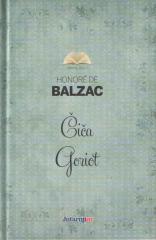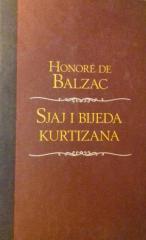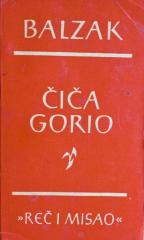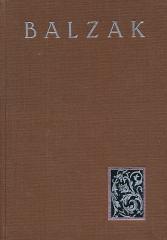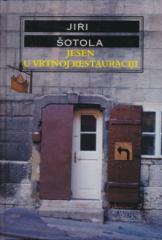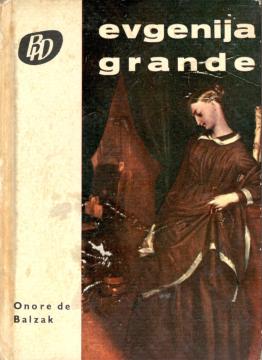
Evgenija Grande / Muzej starina
In his novels Eugenie Grandet (1833) and The Museum of Antiquities (1837), Balzac explores universal themes of greed, human passions, sacrifice, and moral dilemmas, placing them in different social contexts of 19th-century French society.
Eugène Grande: A novel from The Human Comedy (1833) is set in Saumur, where the miserly Félix Grande, a wealthy merchant, controls his family – his wife and daughter Eugène. His obsession with money stifles all joy. Eugène, young and innocent, falls in love with her cousin Charles, a spoiled Parisian who arrives after her father's bankruptcy and suicide. She gives him her gold so that he can start a new life in India, waiting for him faithfully. Félix dies, leaving Eugène a fortune, but Charles betrays her, choosing a marriage of convenience. Heartbroken, Eugène marries Judge Cruchot, who soon dies. As a wealthy widow, she lives a solitary life, dedicated to charity. Balzac explores greed, sacrifice, and the tragic power of unrequited love.
"The Museum of Antiquities" (1837), part of Balzac's Human Comedy, is set in the provincial town of Alençon and Paris, where the fates of the aristocracy and the bourgeoisie intertwine. The story follows the young Victurnien d'Esgrignon, a nobleman from an old family, whose extravagance and gambling debts threaten the family's honor. His aunt, Armande, and father try to save him, but Victurnien falls into a web of manipulation by Chesnel, a loyal servant, and Du Croisier, a cunning bourgeois who wants to destroy d'Esgrignone. The plot is complicated when Victurnien steals money, and his love affair with a Parisian noblewoman further drags him into ruin. Balzac explores the conflict between the decadent aristocracy and the ambitious bourgeoisie, depicting moral corruption, social intrigue, and the decline of the old order. The novel is a satire of society and a character study, emphasizing the powerlessness of tradition in the face of the new capitalist world.
One copy is available
- Traces of patina
